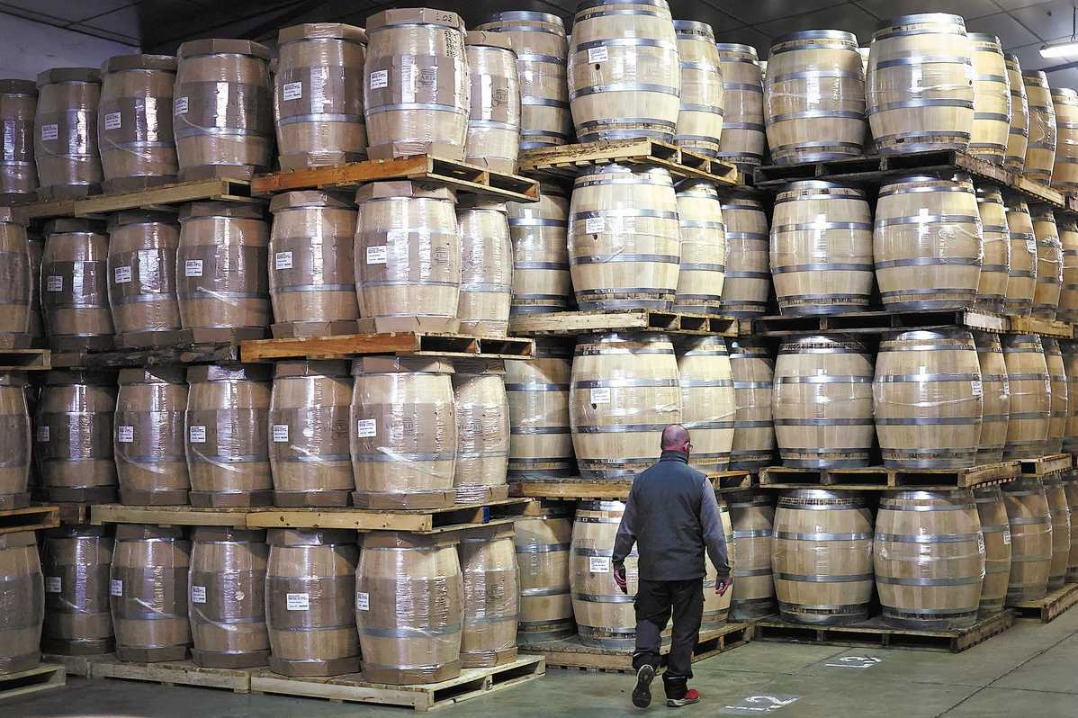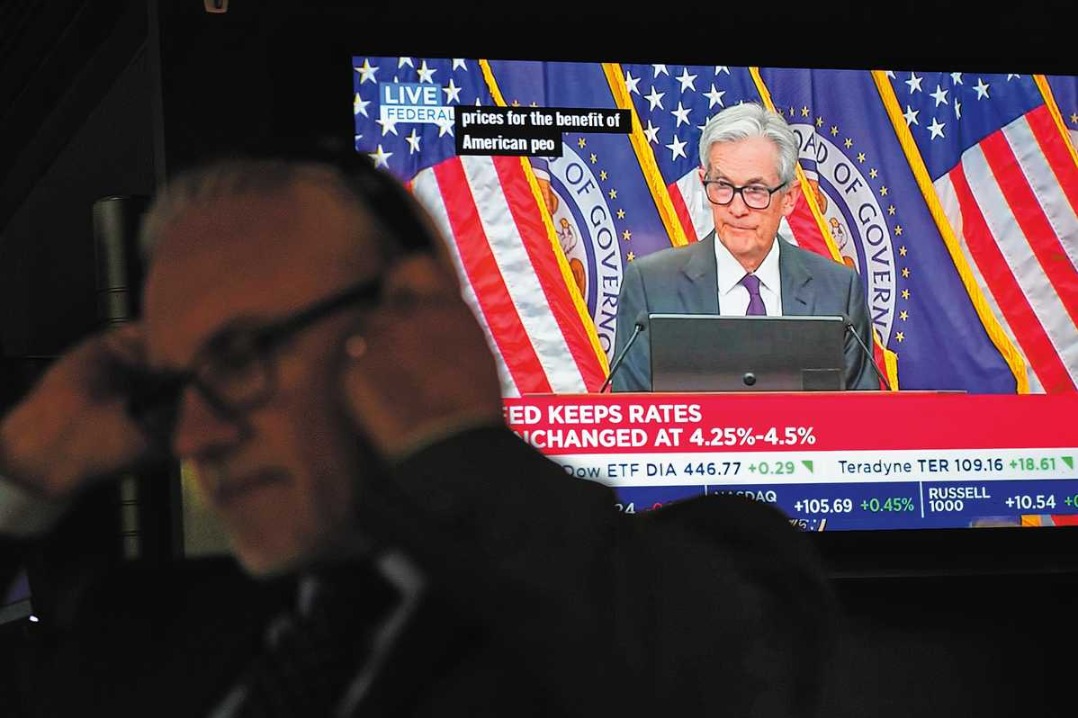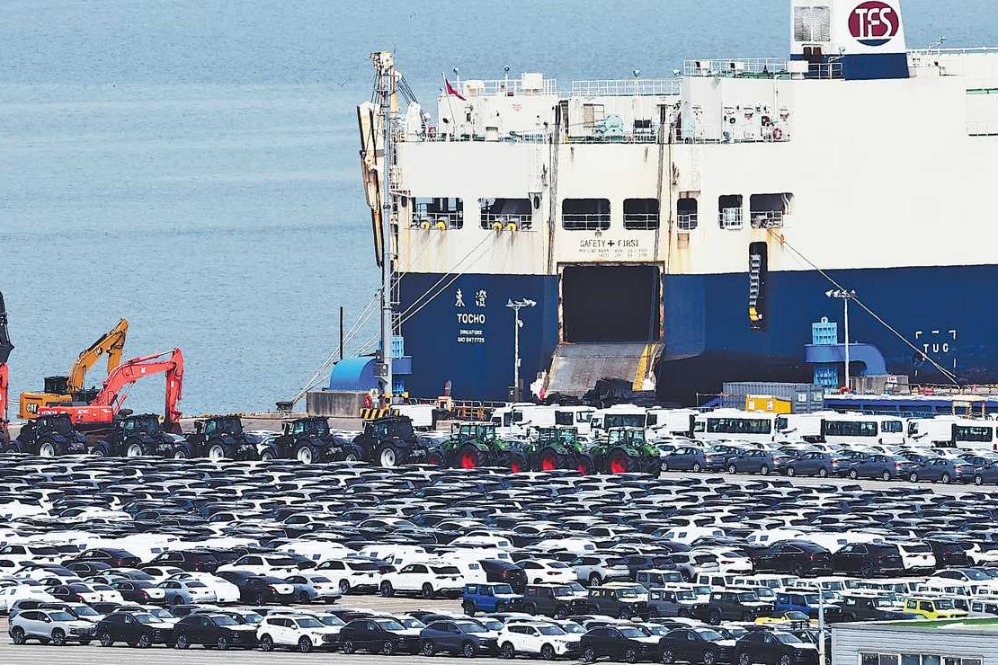Consumers to pay more after duty exemption ends


US shoppers who buy low-cost items from overseas will face higher fees from the end of August after President Donald Trump announced the end of a practice that had allowed goods under $800 to bypass US duties.
The change to the "de minimis" exemption was first implemented on goods from the Chinese mainland and Hong Kong in May, as China is the largest source of these shipments.
Low-cost online stores like Shein and Temu, both extremely popular with shoppers in the US and worldwide, were among those that would likely be directly affected, warned Z. John Zhang, a professor of marketing at the Wharton School of the University of Pennsylvania.
But Zhang told China Daily that the recent rule change will also hit many other businesses in China that do business with the US, as it's "not just fast fashion in this case, it's really all kinds of goods under the value of $800".
In fiscal year 2024, $64.6 billion worth of goods in over 1.36 billion small shipments were utilized de minimis, according to Yale University and US Customs and Border Protection.
Now, all countries that send items to US customers or businesses outside of the international postal network will be subject to the rule change starting on Aug 29, Trump's executive order stated on Wednesday.
Any country that sends a low-value shipment to the US through the postal system will face one of two tariffs: either an "ad valorem duty" equal to the effective tariff rate of the package's country of origin. Or, for six months, a specific tariff of $80 to $200, depending on the country of origin's tariff rate, Reuters reported.
At least 75 percent of all the packages that came to the US under de minimis in 2018 were from China, estimates by Baird Equity Research suggested.
George S. Yip, an emeritus professor at Imperial College London and distinguished visiting professor at Northeastern University in Boston, explained that Chinese fast fashion brands have widely adopted this rule and are so popular with a global base because of their efficiency.
"The essence of fast fashion is to see what the trend is, then respond to it very quickly in terms of manufacturing, and in terms of getting the distribution out. So Chinese companies excel at that," Yip told China Daily.
US Customs processes 4 million de minimis shipments per day, the Trump administration said.
Fewer shipments
But delivery companies FedEx and UPS reported that they picked up many fewer shipments from China after the exemption ended, The New York Times reported.
UPS's chief executive, Carol Tome, said during an earnings call on Tuesday that the result of the escalating tariffs and the end of de minimis led their daily volume of shipments from China to the US to fall by 35 percent in May and June this year compared to the same period in 2024, much more than expected.
"There's uncertainty around tariffs and then that means there's uncertainty around consumer demand," she said.
On Tuesday, UPS announced its second quarter sales declined 2.7 percent to $21.2 billion, with net income of $1.3 billion.
Meanwhile, general air cargo volume from Asia declined by 10.7 percent in July after the US canceled the exemption for packages from China, Reuters reported.
The initial aim of the de minimis exemption, enacted in 1938, was to allow US citizens to bring back souvenirs from abroad.
































